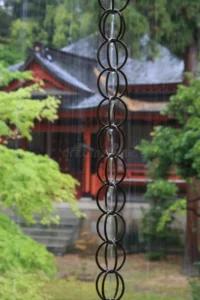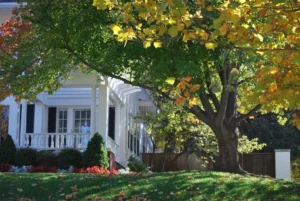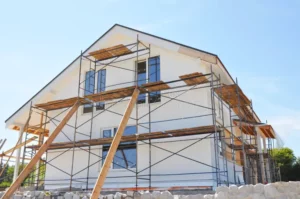Looking for a good investment that will give you a great return, and also allow you to enjoy nature? A waterfront property may be the best choice for you. It can be both a beautiful home and a lucrative long-term investment.
Budget for additional maintenance expenses if you’re planning to purchase a waterfront property. Investing in quality materials and hiring professionals can save you money over time. It can be rewarding to own a waterfront property, but you need to take good care of it in order to protect your investment. Your waterfront property can be a source of serenity and joy for many years with a little extra care.
Here are some tips on how to maintain your property and enjoy it for many years to come.
1. Keep an eye on Water Levels. The water level in a waterfront property may fluctuate. This can cause erosion and damage to docks, piers or even the foundation of your house. Keep an eye out for the water level, and adjust your landscaping accordingly.
2. Salt Spray – If you live near the ocean, this can be a problem. It can damage paint and metal fixtures. It can also kill plants. Use rust-resistant materials, and choose salt-tolerant plants.
3. Monitor for Moisture. Waterfront properties tend have more moisture in their air, which can lead mold and mildew to grow. Keep your home well ventilated and watch for signs of water damage.
4. Check for Debris. Waterfront properties are susceptible to debris such as seaweed, driftwood and trash. Keep your property looking great by cleaning regularly.
5. Maintain Your Dock or Pier. If you own a dock or pier make sure that it is regularly inspected for signs of wear. Keep it clean and maintain it well to extend its life.
6. Hire a Professional – If you are unsure of how to maintain your waterfront property, hire a professional. A landscaping or maintenance business can help you maintain your property.
There are many ways to maximize your waterfront property, in addition to maintaining it properly. Enjoy the tranquility of the area by engaging in water sports and spending time outdoors. Waterfront property offers a variety of recreational activities, including kayaking, fishing and relaxing on the beach.
In addition, waterfront properties tend hold their value better than any other type of property. This is due to the fact that waterfront properties are highly sought after and limited in supply. Waterfront properties can appreciate in value, making them an excellent investment.
Waterfront properties tend to be located in small, close-knit towns with lots of opportunities to socialize and meet new people. Engaging in your community not only makes your waterfront experience more enjoyable, but it also opens doors for future business and investment opportunities. A waterfront property can provide you with a sense peace and serenity, while also having a high resale price.
Renting out your waterfront property is an option if you don’t live there full-time. Renting your property allows you to earn extra income and keep the property in use.
Follow the tips in this article to make the most of your waterfront property ownership. Enjoy the breathtaking views, take part in water sports, and maintain your property for maximum value.
If you’re ready for your dreams of buying a waterfront property to come true give us a call today at 254-965-7775!






